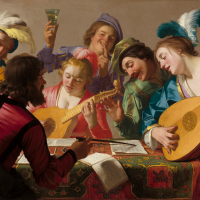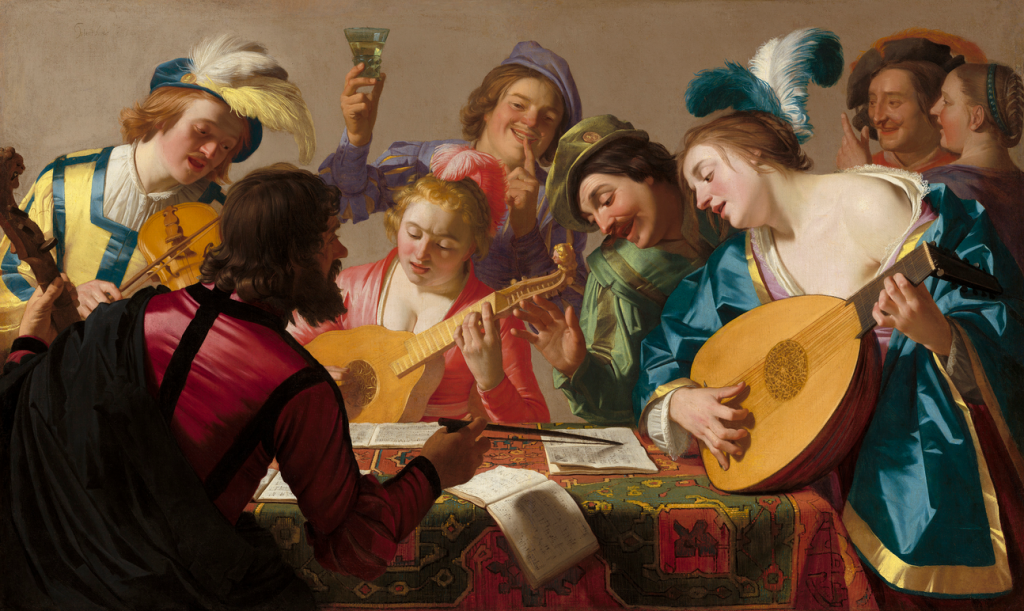A Video Conversation with Stewart Carter — Early Music Performer & Musicologist

Stewart Carter is Chair of the Department of Music at Wake Forest University, where he holds an endowed professorship. Throughout his professional career he has specialized in early music, both as a performer and a scholar. He has taught early wind instruments at workshops throughout the United States, notably at the Amherst Early Music Workshop. He performed for several years with the Carolina Waits, an early brass ensemble, and the Wake Forest Consort.
Carter is Editor of the Historic Brass Society Journal and former editor of Historical Performance: The Journal of Early Music America. He has published articles in Early Music, Journal of the American Musical Instrument Society, The New Grove Dictionary of Music and Musicians (2nd edn.), The Grove Dictionary of Musical Instruments, Performance Practice Review, and Women Composers: Music through the Ages. He is Past-President of the American Musical Instrument Society and of the Society for Seventeenth-Century Music.
We interviewed Professor Carter on the Modesto A. Maidique Campus of Florida International University (FIU). The videos below are organized by topic and run between 30 seconds and 3 minutes. Tap on any video. You must be connected to the Internet to view the videos.
INTRODUCTION: 1:12 min.
EXPOSURE TO BROAD INFLUENCES: 56 sec.
VALUES LEARNING DISCIPLINE: 50 sec.
PERSEVERANCE FURTHERS: 2:04 min.
CRITICAL THINKING: 2:04 min.
UNDERSTANDING THE AUDIENCE PERSPECTIVE: 1:09 min.
CRITICAL THINKING: 40 sec.
COLLABORATION: 2:41 min.
DEVELOP A VOICE: 1:16 min.
INSIGHT & INSPIRATION : 0:56 min.
SEIZES OPPORTUNITIES: 36 sec.


